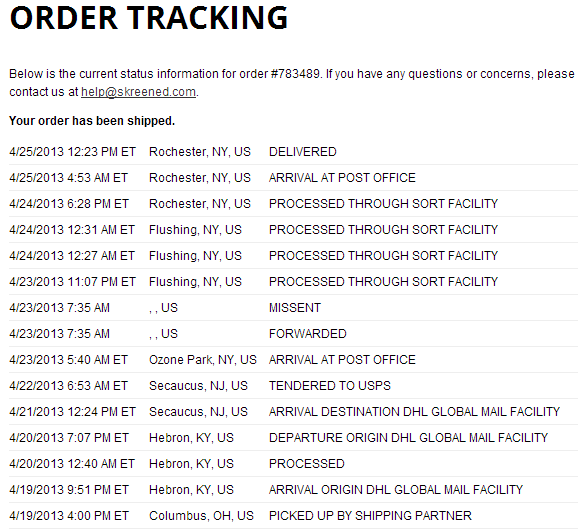Can you text Hollywood Henderson and ask him?
This post probably is silly and doesn't have a relevant point or connection back to anything, but I don't really care, it was interesting to me.
Here's the backstory. On a cross-country flight recently I was listening to one of my favorite podcasts, the Adam Carolla show. Adam had on as a guest the sports and entertainment broadcaster Pat O'Brien, who has had a long career hosting various sports telecasts and entertainment-themed shows. As Adam's show generally bounces around seemingly at random from topic to topic, at one point in the conversation with O'Brien, Adam wondered aloud whether or not the former Dallas Cowboys football player Hollywood Henderson had actually won the Texas State lottery on two separate occasions. The general consensus was that Henderson had definitely won the jackpot once, but Adam was sure he had heard at some point that Henderson has won twice. Do you have his number?
Do you have his number?
It probably would have just ended there, maybe someone off mic would have Googled for the answer, and that would have been that. But after a minute O'Brien asked 'Do you want me to text Hollywood and ask him?'
Adam was kind of dumb struck at that point - 'You actually have Hollywood Henderson's number?'
Note: for non-sports fans, Hollywood Henderson is not really a household name. He had a brief run of success in the NFL, but then burned out quickly, and all that was at least 30 years ago.
O'Brien replied kind of matter-of-factly - 'Sure, why not? I hosted sports shows all over the country for years. It's my job to know people and to be able to find information.' O'Brien then did text Henderson, and Hollywood even responded. It was all pretty funny and then the show and conversation moved on.
But I couldn't stop thinking about the entire exchange between the two. About the really obscure nature of the question - 'You have Hollywood Henderson's number?' and the assuredness of the reply.
I wonder if that kind of situation, or a version or variation thereof, would make sense in more traditional interview scenarios. Mostly when interviewees are asked to solve a problem, they usually just talk about solving it, or describe a time when they actually did attempt to solve a similar problem. Sometimes in technical interviews, candidates do have to demonstrate a 'live' problem solve, but for most of the rest of us, it is not usually done that way. I mean, if you were interviewing for an HR job, the CHRO generally doesn't make you do a live employee intervention to see how you handle it.
Well, I suppose I am meandering on about nothing (shocking) but something about the story resonated. I think the next time I find myself interviewing someone I am going to try and pull a 'Henderson'. I'm going to think of a person that the interviewee really should know, that would be a valuable resource to them, and that is just famous or well-known enough to be a little bit of a reach, but not so famous as to be unreachable, if that makes sense.
Then I will ask them flat-out, 'Can you text Tim Sackett and ask him?'

 Steve
Steve

